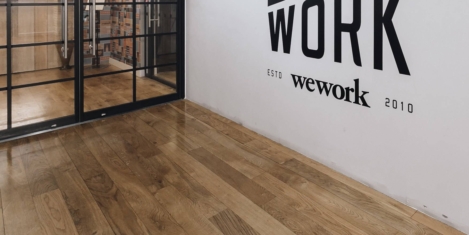October 15, 2015
SMEs appreciate flexibility and freedom of running their own business 0
 The latest ONS employment figures indicate that the boom in self-employment appears to have ended, as the number of self-employed people has fallen for the first time since before the recession. Yet those who’ve successfully started their own businesses have something to celebrate. According to a report from AXA PPP, SME owners appreciate the greater flexibility (58 percent) and the greater freedom (37 percent) that owning a business gives them. Seventy per cent of owners also said they are proud, inspired, content or fortunate to own their own business, highlighting the positive effects that having control over your working life can bring. More than a third (35 percent) admitted they could delegate more to improve the way they manage their business – with nearly half (47 percent) of business owners reporting that the pressure of work spills over into their home life.
The latest ONS employment figures indicate that the boom in self-employment appears to have ended, as the number of self-employed people has fallen for the first time since before the recession. Yet those who’ve successfully started their own businesses have something to celebrate. According to a report from AXA PPP, SME owners appreciate the greater flexibility (58 percent) and the greater freedom (37 percent) that owning a business gives them. Seventy per cent of owners also said they are proud, inspired, content or fortunate to own their own business, highlighting the positive effects that having control over your working life can bring. More than a third (35 percent) admitted they could delegate more to improve the way they manage their business – with nearly half (47 percent) of business owners reporting that the pressure of work spills over into their home life.



































September 8, 2015
Over a fifth of working mothers denied flexible hours are forced to quit 0
by Sara Bean • Comment, Flexible working, News, Workplace
More →